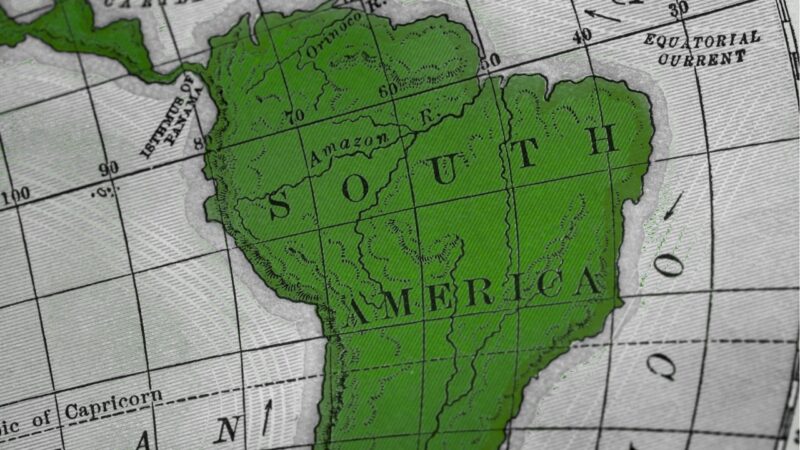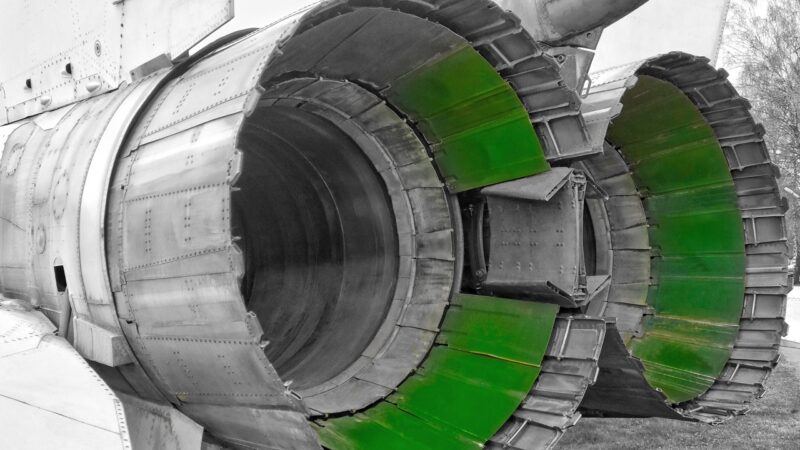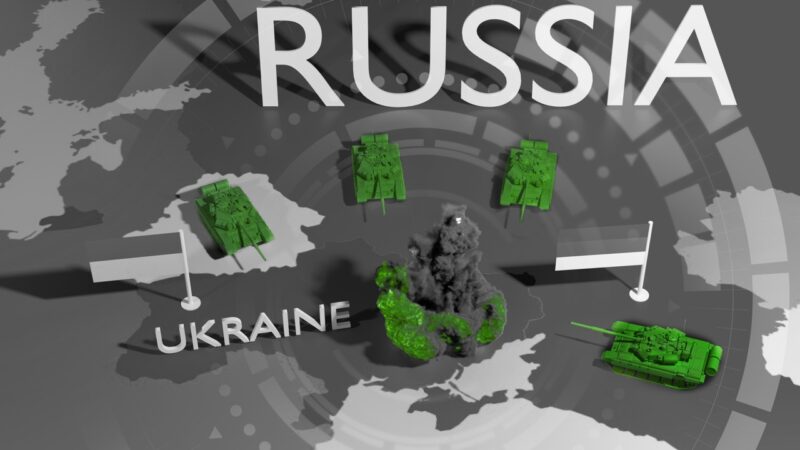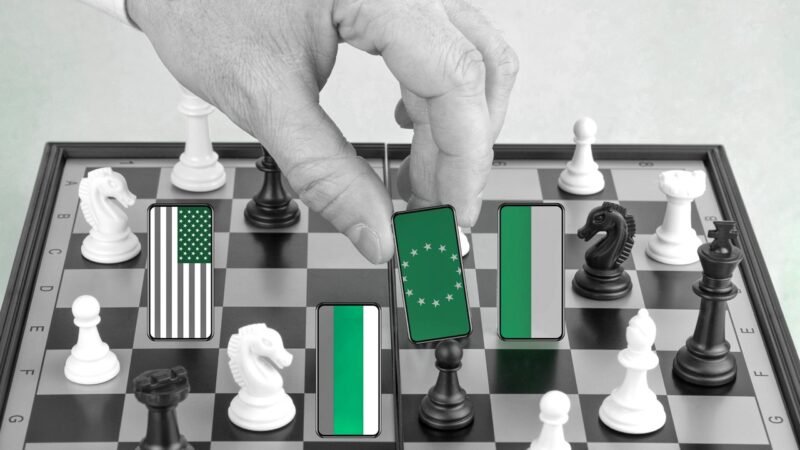Calendar Paradox of Ukrainian Presidents’ Terms in Office: Good Constitution, Bad Mathematics
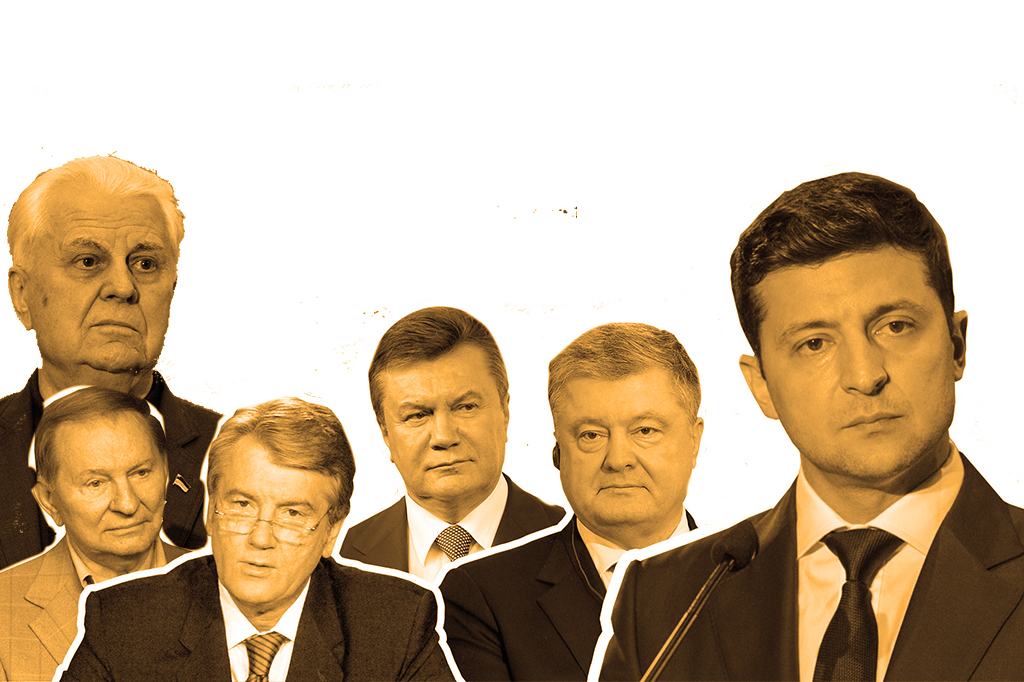
As a young sovereign nation, Ukraine has quite a fascinating record of the presidency. Since 1991, six persons have held the president’s office, and one official was an acting president:
- Leonid Kravchuk – president from 5 December 1991 to 19 July 1994;
- Leonid Kuchma – president from 19 July 1994 to 23 January 2005;
- Viktor Yushchenko – president from 23 January 2005 to 25 February 2010;
- Viktor Yanukovych – president from 25 February 2010 to 22 February 2014;
- Oleksandr Turchynov – acting president from 23 February to 7 June 2014;
- Petro Poroshenko – president from 7 June 2014 to 20 May 2019;
- Volodymyr Zelensky – incumbent president since 20 May 2019.
Presidents Kravchuk and Yanukovych left their office before their regular term ended; Kravchuk accepted an early election challenge in 1994 and lost, while Yanukovych fled Ukraine during the 2014 Revolution of Dignity and formally had his presidential status revoked by Parliament. Only Kravchuk and Poroshenko won the presidency in the first round of elections; others had to pass through two rounds to become president. Only Kuchma secured a second term and was elected before and after the 1996 Constitution of Ukraine was promulgated. Yushchenko and Poroshenko occupied their office for only a single full term.
Surprisingly, even though the 1996 Constitution of Ukraine established a fixed five-year term for the president’s office, no Ukrainian president ever had an exact five-year tenure. Each of Leonid Kuchma’s presidential terms was significantly longer than five years; Viktor Yushchenko was in office for five years and thirty-three days; Petro Poroshenko served eighteen days short of a full term. Even Viktor Yanukovych’s first term would have lasted longer had the Revolution of Dignity not happened when it did. Such a variable length of term is quite challenging, since the president is actually the most influential policymaker in the country, and the lack of a concrete “start-finish” timeframe for the presidential tenure subverts the supremacy of the constitution. If the Constitution of Ukraine itself cannot provide a guarantee that the most important office of the county is held for a fixed and defined timeframe, perhaps the entire constitutional system is then somehow hackable?
The example of Ukraine shows us that if the calendar dates of the president’s election and inauguration are unstable and ill-determined, these issues tend to become the subject of political intrigue rather than a matter of the law; this indeed is not a positive contribution to democracy building.
Let us have a look at Kuchma’s tenure first. As president, Leonid Kuchma was elected for a five-year term in an early presidential election on 10 July 1994, under the previous—dozen times amended but still in force—Soviet Constitution of 1978. His term commenced on inauguration day, 19 July 1994. On 28 June 1996, the Verkhovna Rada adopted a new Constitution of Ukraine, which designated the presidential election as taking place on the last Sunday of October the fifth year of the incumbent President’s term (i.e., 31 October 1999). This trick automatically added a couple of months to Kuchma’s first term, since the previous election had been in the summer. So, on 14 November 1999 Kuchma won the second round and attended the inauguration ceremony on 30 November 1999. That is why Kuchma’s first term was an extra four months and twelve days in length.
On 25 December 2003, the Constitutional Court of Ukraine delivered a rather controversial decision concerning Kuchma’s presidential tenure. The Court interpreted the constitutional restriction on the Ukrainian president’s term of office—namely, that no President can be elected for more than two consecutive terms—in a strange manner, claiming that because Kuchma was elected for the first time before the adoption of the 1996 Constitution, he still had the legal grounds to run for presidency one more time. This opinion, both highly politicized and ill-reasoned, came under intense criticism from the legal community and Ukrainian society in general. In fact, even the previous (Soviet-era) Constitution of Ukraine, under which Kuchma was elected in 1994, clearly prohibited the presidential serving for more than two consecutive terms. The unpopular but politically adroit Kuchma nevertheless refused to use this judicial perk and did not seek re-election in 2004.
The extraordinary circumstances of the 2004 Orange Revolution led to the implementation of a “three-round system” for the presidential election, with a rerun of the second round. Viktor Yushchenko won the election on 26 December 2004 and became the third president of Ukraine on inauguration day, 23 January 2005. That is how Kuchma’s second term was one month and twenty-five days longer, and overall his presidential tenure summed up to ten years, six months, and four days.
During the peak of the Orange Revolution, on 8 December 2004 the Verkhovna Rada amended the 1996 Constitution of Ukraine, transforming the extant presidential-parliamentary political system into a parliamentary-presidential one (in effect since January 2006). Many of the constitution’s articles were revised, including the one addressing presidential elections. The amended Constitution established a different formula for calculating the presidential election day, establishing the regular election day as the last Sunday of the last month of the fifth year of the President’s official term.This elaborate phrase meant that the last Sunday of Yushchenko’s tenure, 17 January 2010, was an election day. However, the parliament was strongly opposed to Yushchenko and desperately wanted to shorten his presidential term, using any possible legal instrument to achieve this. By a vote of 401 to 21, on 1 April 2009 the Verkhovna Rada of Ukraine announced the presidential election day to be the last Sunday of October 2009 (i.e., 25 October 2009). Claiming that Yushchenko was elected under the Constitution of 1996, not 2004 version, the regular election day should be calculated under the previous rather than the current version of the constitution. Yushchenko was furious, since this way his tenure would be at least two months shorter. He urgently submitted a complaint to the Constitutional Court of Ukraine. On 12 May 2009 the court delivered a decision, explaining that the regular presidential election should be calculated under the current version of the constitution and declaring the above-mentioned resolution of Parliament as unconstitutional. On 23 June 2009, the Parliament announced that 17 January 2010 would be an election day.
Yushchenko ultimately failed in the first round of the election and felt like a “lame duck” until President Yanukovych was inaugurated. Before the end of his term, however, Yushchenko managed to issue a number of controversial decrees that would cause some trouble for the future winner. For example, on 20 January 2010 he awarded (posthumously) the Western Ukrainian nationalist leader and a founder of the Ukrainian Insurgent Army Stepan Bandera with the honorary title of “Hero of Ukraine,” which caused some social disturbances and even a lawsuit against Yushchenko.
The second round of the presidential election was won by Viktor Yanukovych, a strongly pro-Russian politician (and convicted criminal), on 7 February 2010; his term began on 25 February 2010. On 30 September 2010, the Constitutional Court of Ukraine made a highly controversial decision to reinstate the 1996 version of Constitution of Ukraine, which granted Yanukovych the same powers that the former President Kuchma had wielded. This landmark decision facilitated the ultimate usurpation of powers by then President Yanukovych.
In February 2011, the Verkhovna Rada introduced some technical constitutional amendments regarding the election dates of the President and Parliament. Now, the presidential election date was the last Sunday in March of the fifth year of the incumbent President’s term. Like in Kuchma’s case, the date of the presidential election was postponed and defined as the last Sunday of March in 2015 (i.e., 29 March 2015). This date undoubtedly favoured Yanukovvch, lengthening his first term by one or two months. But the Revolution of Dignity, Russia’s annexation of Crimea, and Russian invasion of the Donbas in 2014 ensured that this did not happen.
In February 2014, the Ukrainian Parliament restored the 2004 version of the constitution and announced an early presidential election date of 25 May 2014. Petro Poroshenko won this election and his inauguration took place on 7 June 2014.
During Poroshenko’s term, the Constitution of Ukraine was amended twice, but no initiative was taken to optimize the calculation of the president’s term in office. The last Sunday of March in the fifth year of Poroshenko’s term in office (election day) was 31 March 2019. However, because the Kerch Strait incident led to an escalation of tension between Russia and Ukraine, on 25 November 2018 Poroshenko decreed martial law. It was the first time that martial law was introduced since the start of the Russian aggression. The sixty-day term of martial law (26 November 2018–25 January 2019) could directly affect and postpone the scheduled 2019 presidential election. The electoral campaign was to be started on 31 December 2018, but no electoral process can be implemented during the time of martial law. Because the Verkhovna Rada of Ukraine was hostile to Poroshenko’s extraordinary decision, a new decree on a thirty-day term of martial law (26 November 2018–26 December 2019) was issued. The parliament approved it on the same day and simultaneously voted for 31 March 2019 as the day of the presidential election.
On 21 April 2019, Volodymyr Zelensky won the second round of the presidential elections, and the official election results were published on 4 May 2019. Under the Constitution of Ukraine, an inauguration day should be nominated by the Parliament within thirty days following the publishing of the official election results (i.e., 3 June 2019 at the latest). As we can see now, such a rigid and inflexible constitutional timeframe did not allow Poroshenko’s tenure to be an exact five-year term in any case (as it should be).
Having lost the election, during the last days of his presidency Poroshenko made a number of appointments and dismissals. For example, he appointed seventy-five justices to the Supreme Court, two members to Supreme Council of Justice (constitutional collegiate body for judicial governance), and replaced one member of the National Council of Television and Radio Broadcasting (independent collegiate regulatory body). These actions of the then President looked like a desperate attempt to preserve some political influence in the foreseeable yet changeable future. But once in office, the president-elect cancelled the decrees on the Supreme Council of Justice and the National Council of Television and Radio Broadcasting. As for Poroshenko, his presidential tenure lasted only four years, eleven months, and thirteen days.
Which date in 2019 was to be the inauguration day was an especially peculiar case, because Zelensky had promised to dissolve the Verkhovna Rada as soon as he became president. The latest possible day was 26 May 2019 (since the Verkhovna Rada of Ukraine cannot be dissolved during the last six months prior to parliamentary elections). Possibly guided by a hidden motive to hold early elections, the parliament nominated 20 May 2019 as inauguration day. Zelensky’s tenure started, and on his first day as president, he indeed dissolved the Verkhovna Rada and announced early elections to be held on 21 July 2019.
As we see, if a president “under-stays” or “over-stays” their term, it causes a lot of political confrontation and breaks the continuity and stability of public administration. The inauguration day of a president-elect in Ukraine should be linked to the date of inauguration of the incumbent president, and the election day should be fixed in advance, at least two months before the expiration of the president’s term. Such a necessary amendment introduced into the constitutional design of Ukraine will help the country to overcome such a strange tendency. If a president is unable to “under-stay” or “over-stay” their term, the constitutional limitation of the president’s powers will become a reality, not a theory. “Bad mathematics” have no place in a “good constitution.”
